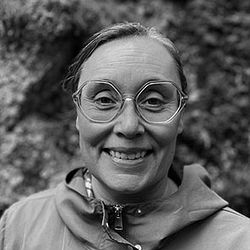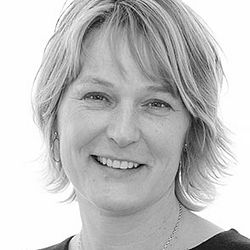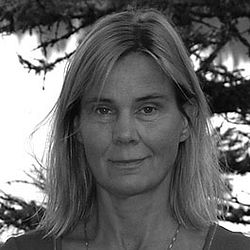
Nyhet -
Seminar 15 May: Will new plant breeding techniques have a future in the EU?
In its decision in July 2018, the EU Court of Justice (ECJ) equalled plants that have been bred with the use of targeted mutagenesis with genetically modified organisms (GMO). This means that if a plant breeder has used a gene scissor like for example CRISPR/Cas9, the resulting plant shall be regulated as a GMO. This is not the case when classical mutation technologies have been used, such as mutagenic substances or radiation.
While Crispr-technology has received strong acceptance in other countries, it is now doubtful if it will benefit European farmers. It is expected that the costs for all the necessary decisions and permits for cultivation within the EU for traits obtained with the gene scissors will be as high as for GMOs. Also, the outcome of the decision process is difficult to foresee. Many researchers and plant breeders had great hopes for a positive decision on the Crispr-technology, and after the decision was made, initiatives have been taken to accomplish a changed view on this matter at the EU-level.
It is now time to discuss the consequences of the ECJ decision for research, plant breeding and agriculture in Europe. Is there a window for the use of Crispr-technology in the EU? How do the companies view the situation? What is the opinion of the Swedish Board of Agriculture, the competent authority? Welcome to discuss these important questions at a seminar arranged by the Royal Swedish Academy of Forestry and Agriculture, the Swedish Gene Technology Advisory Board and the Swedish Seed Association.
The seminar will be held in English and broadcast online.
Moderator: Annika Åhnberg
Time: Wednesday 15 May 2019, at 13.30–16.30 (coffee from 13.00)
Venue: The Royal Swedish Academy of Agriculture and Forestry, Drottninggatan 95 B, Stockholm, Sweden
Registration not later than May 10
WELCOME!





